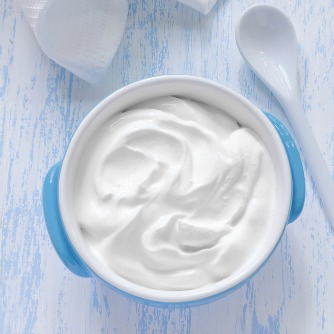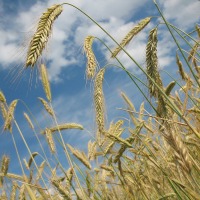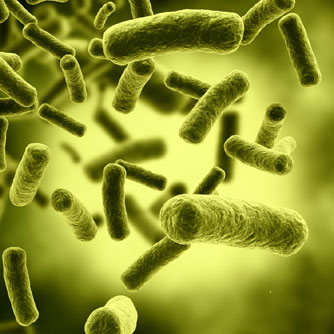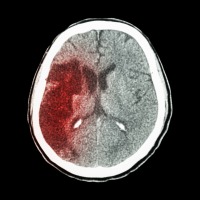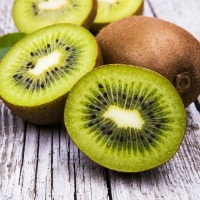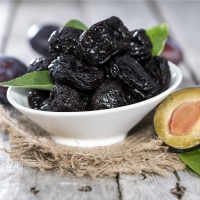Yogurt Protects Against Dietary Toxins
In many developing nations, environmental toxin exposure can occur via dietary sources. JR Mwanga, from the National Institute for Medical Research (Tanzania), and colleagues report that probiotic-rich yogurt may reduce the uptake of food-based heavy metals and toxins. The researchers enrolled 60 pregnant women and 44 school-aged children, residing in a region of Tanzania known […]
Yogurt Protects Against Dietary Toxins Read More »
